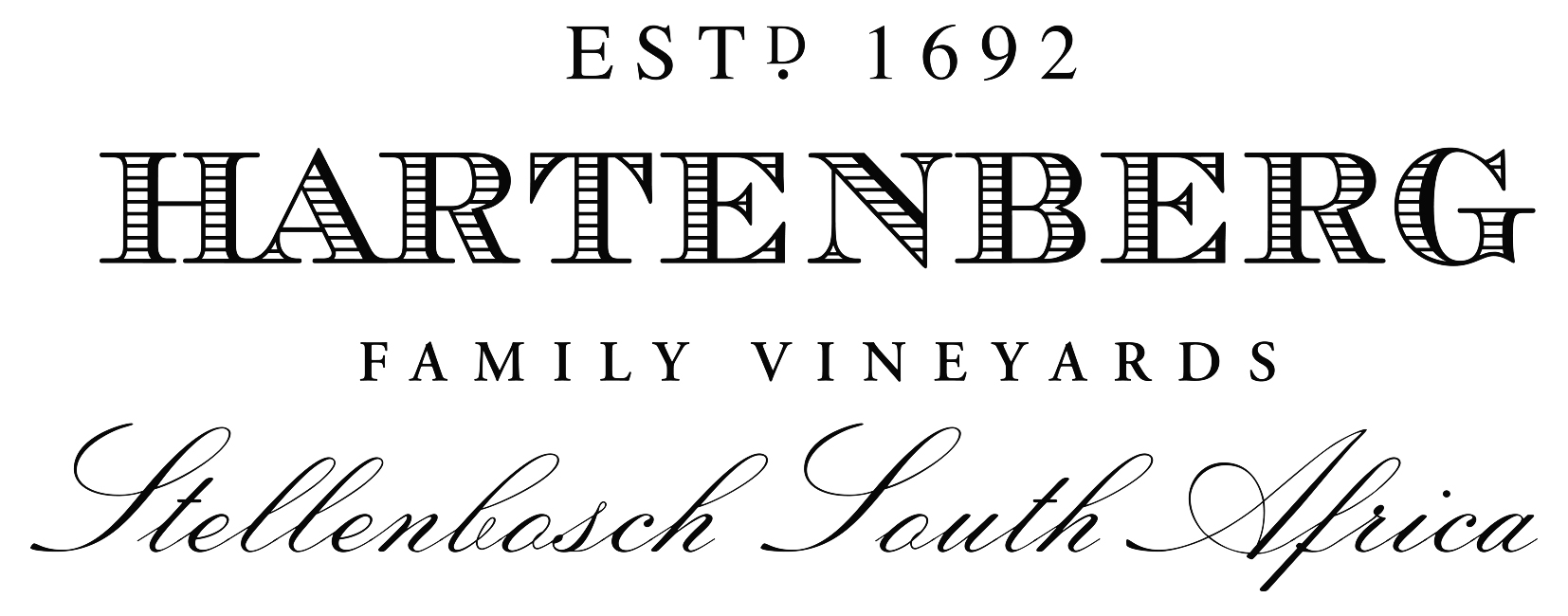EILEEN FISHER, Inc. and the Savory Institute announced a new collaboration today to galvanize industry support around the positive role that regenerative agriculture can have in the fashion industry. EILEEN FISHER has consistently been a leader, for over three decades, in facilitating both environmental stewardship and human rights throughout all of their business dealings.
The fashion industry as a whole, however has been directly linked to biodiversity loss, habitat destruction, damaged waterways and soil degradation. Regenerative agriculture mimics nature’s design at every opportunity and it improves ecosystem health, it sequesters carbon reducing greenhouse gases in the atmosphere, and it restores watersheds. Evolution towards Holistic Management and triple-bottom-line proactive planning are the key pillars to this movement. While the management is different, this paradigm-shift that agriculturalists are embarking on around the globe has been shown to both increase production while building a resilience to operating amidst a changing climate. Consequently, utilizing regenerative agricultural systems for the sourcing of raw materials with brands like EILEEN FISHER has the potential to be a crucial game-changer.
As such, EILEEN FISHER has become a Frontier Founder under Savory’s Land to Market program to promote and support the regenerative production of raw materials and utilize Savory’s pioneering methodology, Ecological Outcome Verification™ (EOV™). EOV™ measures the indicators of ecosystem functionality in order to ascertain the overall health of the land and grazing systems that support the production of these raw materials. The program takes real world assessment of soil health and sequestered carbon, water infiltration rates, and biodiversity. The resulting science-based empirical data provides livestock farmers with critical information to make better decisions while simultaneously providing brands with the impact metrics they need to make the best sourcing decisions possible. The Land to Market program is currently centered around livestock derived products, i.e. meat, dairy, wool, leather, and cashmere.

EILEEN FISHER is implementing this program initially with their wool sourcing. The brand has been sourcing merino wool with OVIS XXI, a B Corp based in Argentina, that manages a collaborative network of producers that implement EOV™. OVIS XXI has played an essential role in the foundation of this global regenerative sourcing program. The leadership at OVIS was instrumental in designing the EOV™ protocol and the cooperative is now using EOV™ as the ecological assessment tool with their livestock farmers. The Savory Institute and EILEEN FISHER will spend the next year exploring additional opportunities to expand the shift towards regenerative practices on other continents and into their leather and other fiber supply chains.
EILEEN FISHER will include ecologically verified merino across more than 40 styles in their upcoming fall and winter lines. All products made with the verified regenerative Ovis XXI wool, can be identified via the hangtag that reads, “Our wool supports Argentinian ranchers who regenerate depleted grasslands through holistic farming methods.” Similar copy can be found on qualifying products when shopping on the EILEEN FISHER website.
By sourcing wool from ranchers practicing holistic and regenerative land management, we’re supporting more than just a sustainable fiber, we’re supporting whole ecosystem health.
“EILEEN FISHER is committed to leading the change towards sustainable clothing,” says Megan Meiklejohn, the company’s Sustainable Materials & Transparency Manager. “By sourcing wool from ranchers practicing holistic and regenerative land management, we’re supporting more than just a sustainable fiber, we’re supporting whole ecosystem health. Regenerative agriculture results in increased soil fertility and biodiversity, leading to carbon sequestration, drought resistance, and plenty of grass for the sheep to graze. By partnering with Savory, we have assurance that the Land to Market producers are realizing continuous improvements in ecological health through verified outcomes. We’re proud to be working with Savory and like-minded brands to expand regenerative farming.”

“Cultivating market pull through for those who are farming in nature’s image creates the deepest levels of synergy and exudes positive benefits for society as a whole.” said Chris Kerston, Director of Market Engagement at Savory Institute. “Formalizing a partnership with EILEEN FISHER has been nothing short of a dream come true. This is a brand that isn’t simply adapting to meet a new trend; using business as a force for good has been core to the company’s very essence since their formation.”
About EILEEN FISHER
EILEEN FISHER has been creating simple, timeless clothes for over 30 years. The collection consists of pure shapes in beautiful materials that highlight natural fibers, all designed to work together effortlessly. Their vision is for an industry where human rights and sustainability are not the effect of a particular initiative, but the cause of a business well run. Where social and environmental injustices are not unfortunate outcomes, but reasons to do things differently. Their clothes are sold at over 65 EILEEN FISHER retail stores, and 1,000 department and specialty stores internationally, as well as 2 RENEW stores, which feature gently worn and remade designs from our takeback program. EILEEN FISHER is one of the largest women's fashion companies to be a certified B Corporation, which means we voluntarily meet high criteria for social and environmental performance, accountability and transparency.
About Savory Institute
The Savory Institute, a U.S.-registered 501(c)(3) charitable organization, facilitates large-scale regeneration of the world’s grasslands through Holistic Management. Together with Savory’s global network of Hubs, the Savory Institute equips farmers and ranchers around the world with education, training, and implementation support to achieve success within their cultural and ecological contexts. Savory Institute also removes barriers and creates enhanced conditions for large-scale progress by informing policy, engaging the marketplace, and increasing public awareness. Savory’s long-term goal is to positively influence the management of 1 billion hectares of grasslands by 2025, thereby contributing to global climate-, water- and food-security. To learn more, visit http://www.savory.global.

































.png)




























